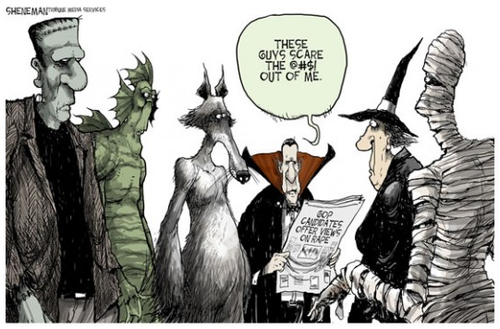Time After Time (1979) is a timepiece itself, with the familiar pocket watch which plays a tune and, opened, now serves as a symbol for so many other time travel movies like Groundhog's Day and Somewhere In Time.
Time After Time compares the pecksniffian Victorian age to the relatively liberal 1970s, using a romance between Michael McDowell as H. G. Wells and Mary Steenburgan as a modern, liberated woman. It is a sci-fi historically connected romantic comedy, lovely to the eye and with a compelling plot. The villain, David Warner as Robert Leslie Stevenson (an obvious reference to Hyde in Robert Louis Stevenson's famous work) is a charming, darkly humorous psychopath.
A great atmospheric movie for Halloween.
The opening scene shows Stevenson beating H. G. Wells at chess, showing that he is possibly the smarter man, certainly the more cunning, but the movie turns on whether Wells, being the more humanist and loving, is ultimately the superior man.
Based upon the Karl Alexander novel, there are references to Sherlock Holmes, Susan B. Anthony, and other humorous and ironic allusions. It is simply delightful, making me hope that they will soon make a creditable adaptation Felix J. Palma's The Map of Time. And perhaps they will find a part to play for Mary Steenburgan, as they did for Back to the Future.

According to Cyndi Lauper, the movie inspired her song, Time After Time,
If you're lost you can look--and you will find me
Time after time
If you fall I will catch you--I'll be waiting
Time after time
After my picture fades and darkness has
Turned to gray
Watching through windows--you're wondering
If I'm OK
Secrets stolen from deep inside
The drum beats out of time--
But the earworm of the day is the Sammy Cahn/Jule Styne upbeat jazz standard from 1949:
Time After Time
What good are words I say to you?
They can’t convey to you what’s in my heart
If you could hear instead
The things I’ve left unsaid
Time after time
I tell myself that i’m
So lucky to be loving you
So lucky to be
The one you run to see
In the evening, when the day is through
I only know what I know
The passing years will show
You’ve kept my love so young, so new
And time after time
You’ll hear me say that i’m
So lucky to be loving you
You can hear it by Dinah Washington at this link.
_________
This is an adjunct to Todd Mason's Friday's Forgotten (or overlooked) Film or A/V. You can read today's other selections by a bevy of authors and bloggers
at this link.







































+!~~_12.jpg)












